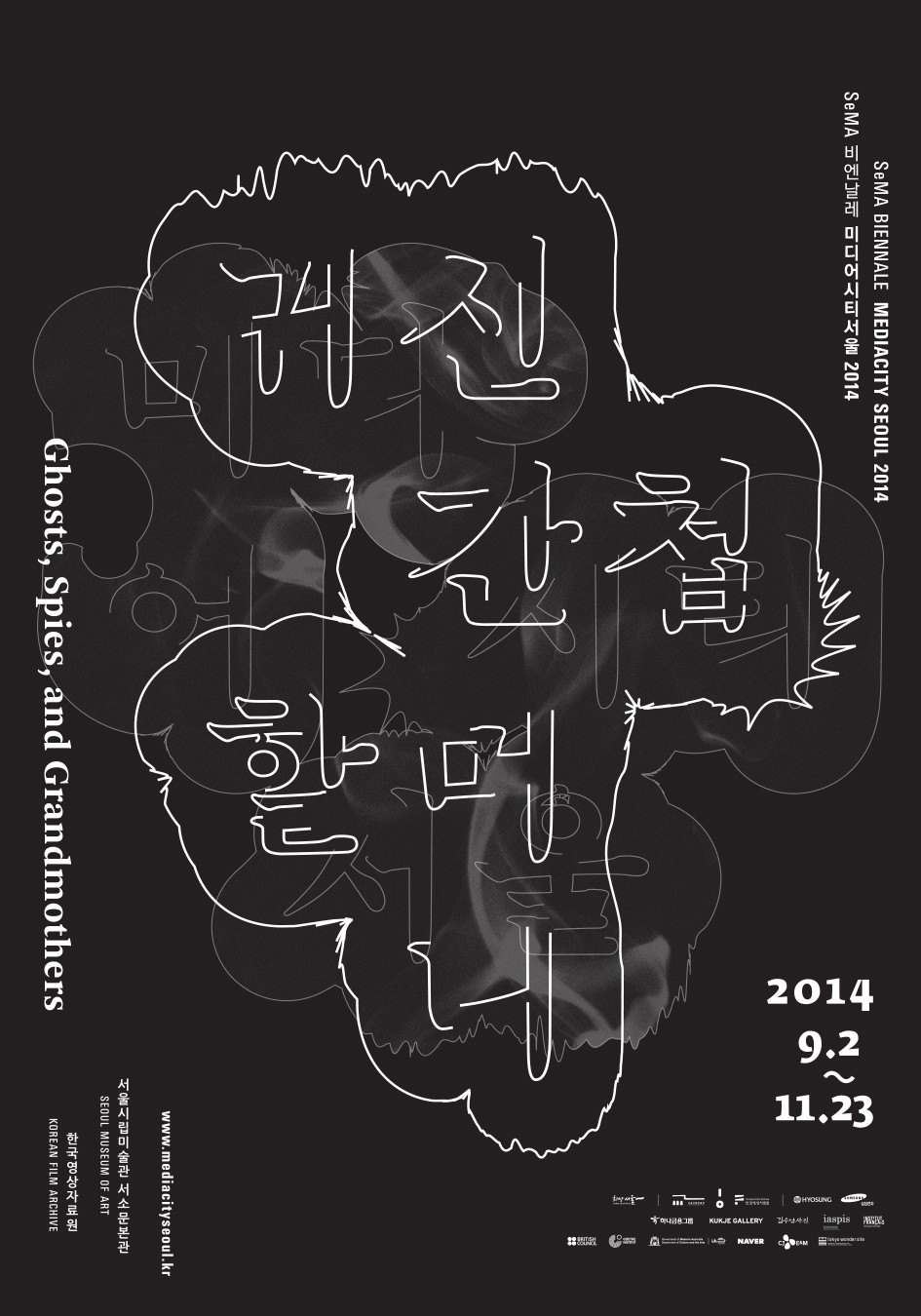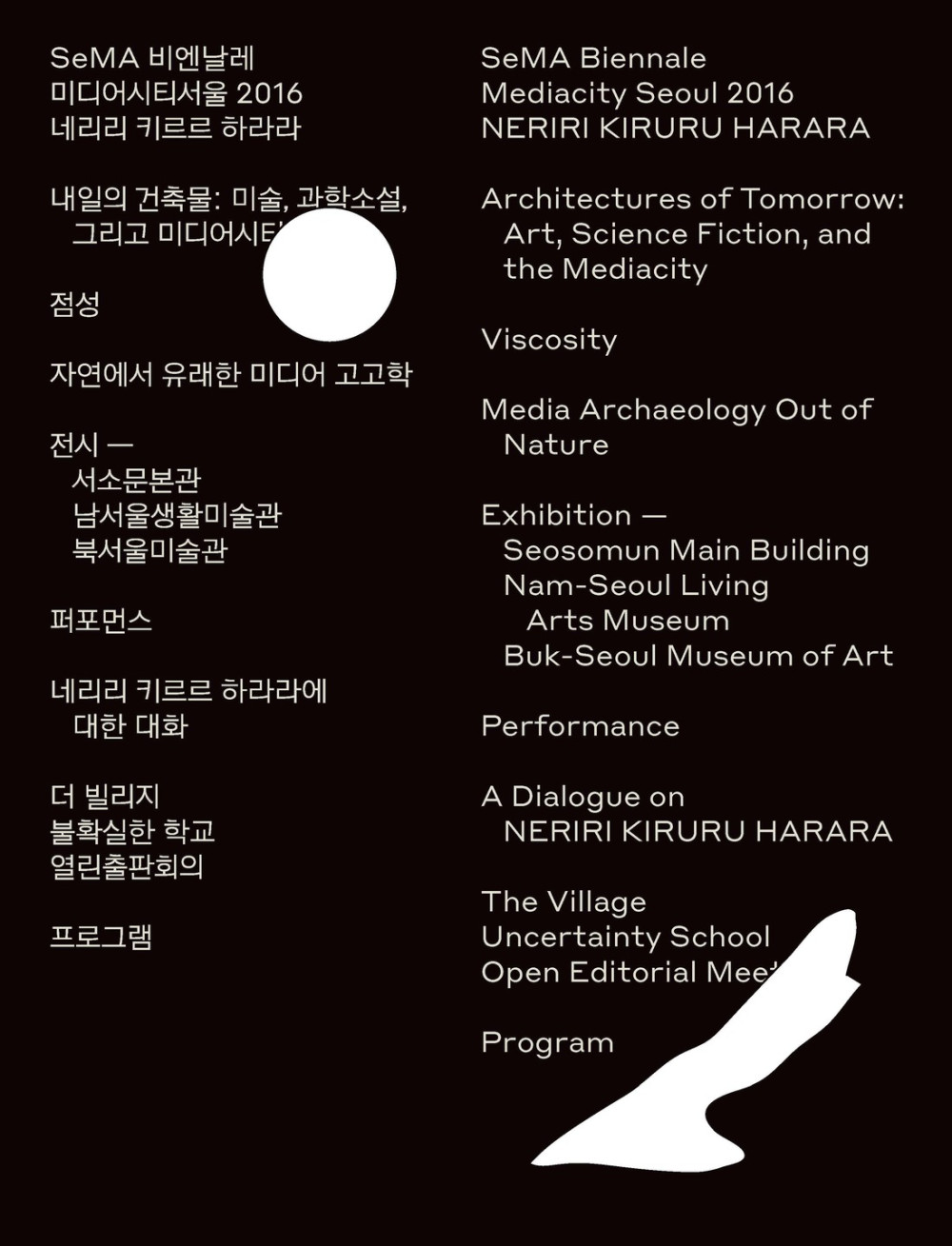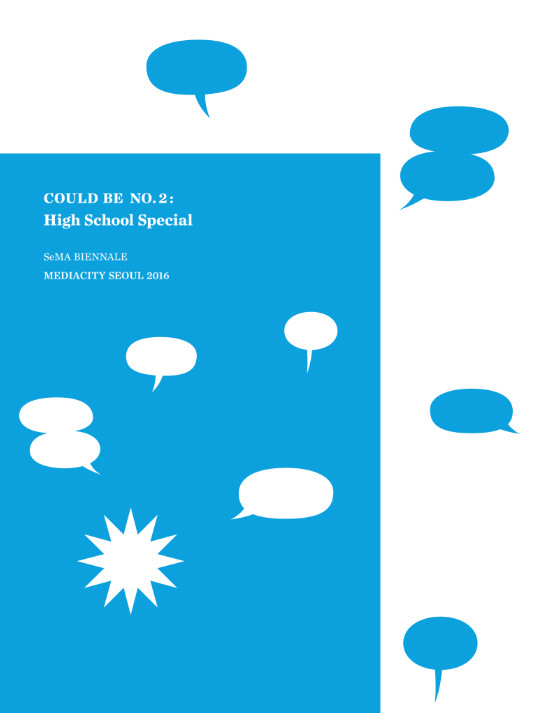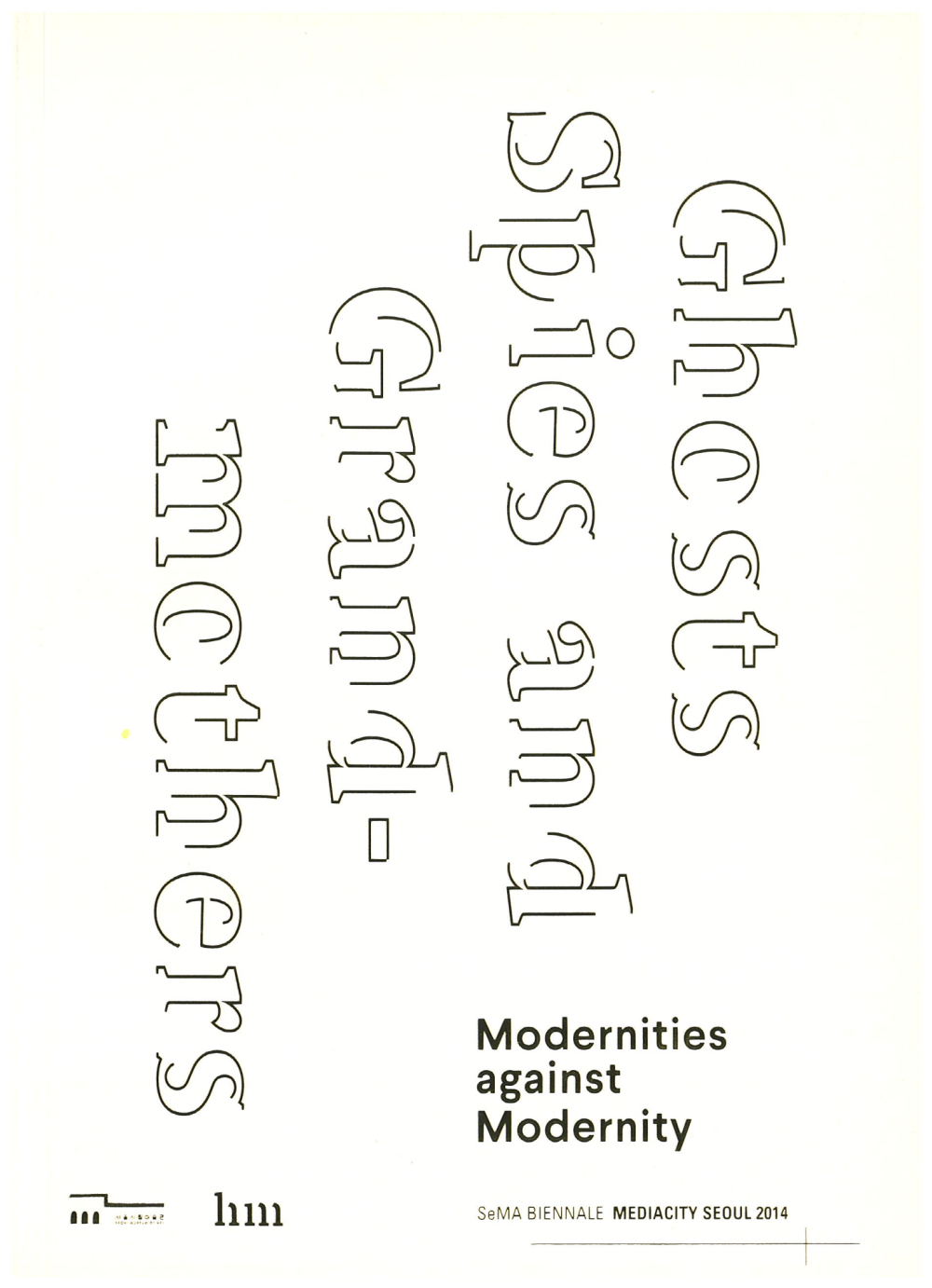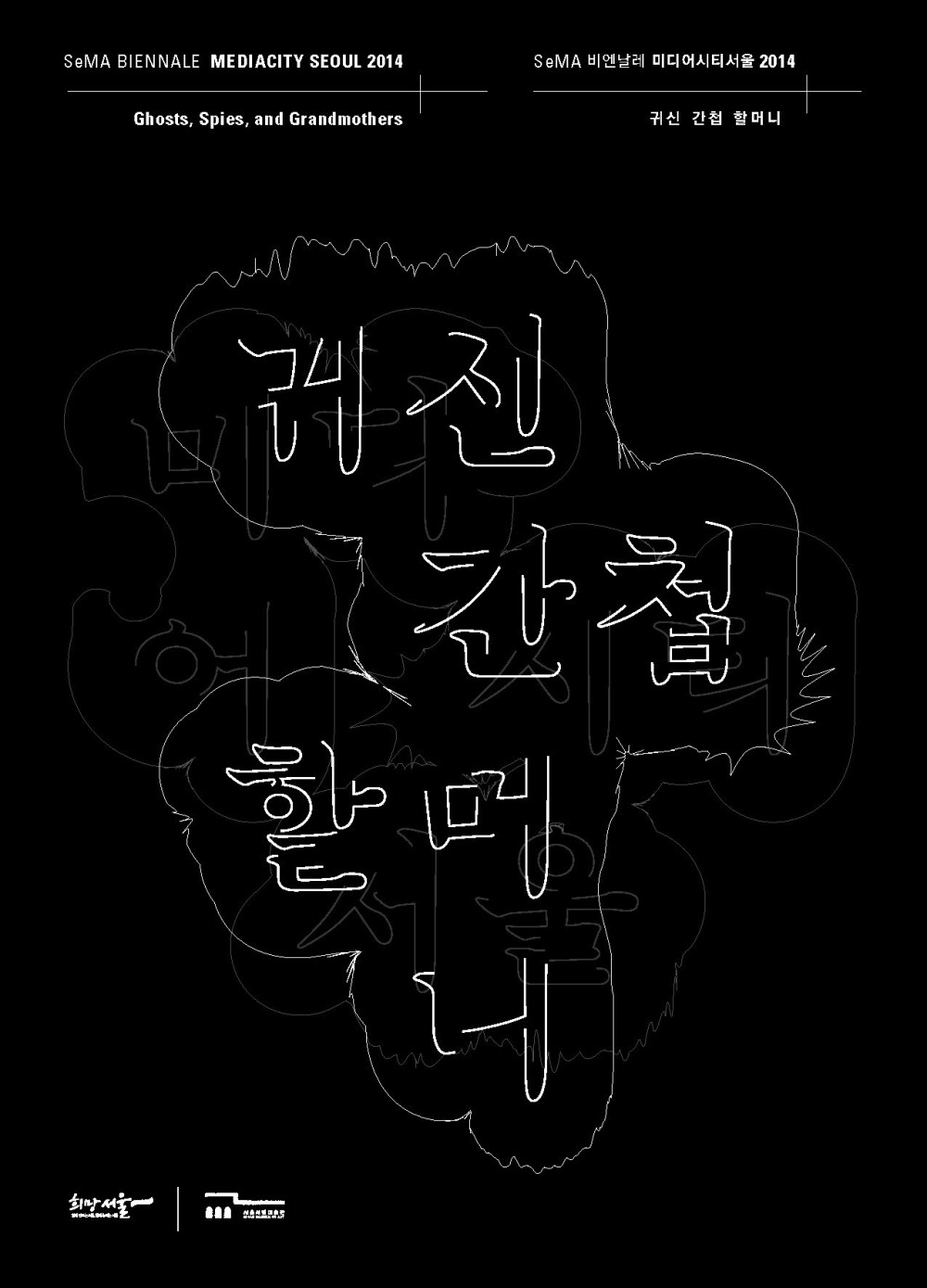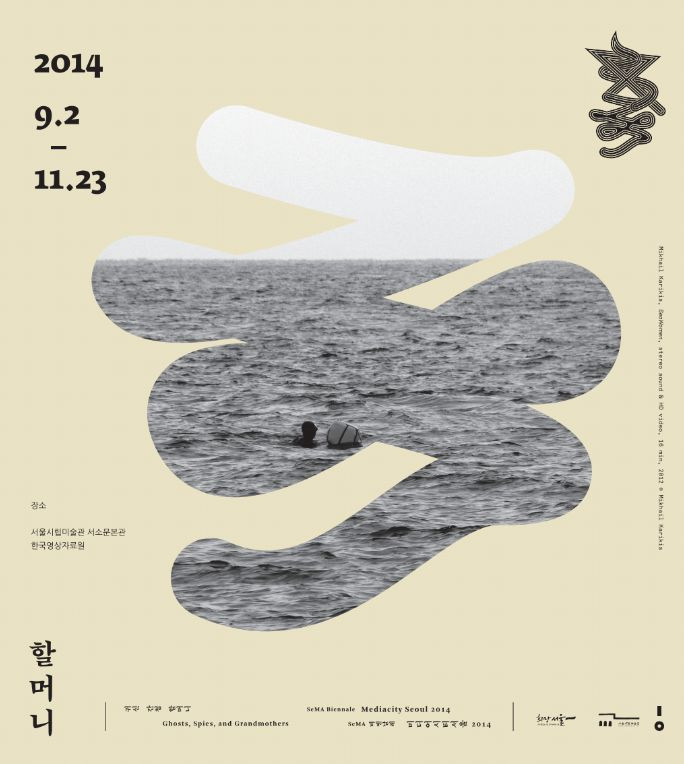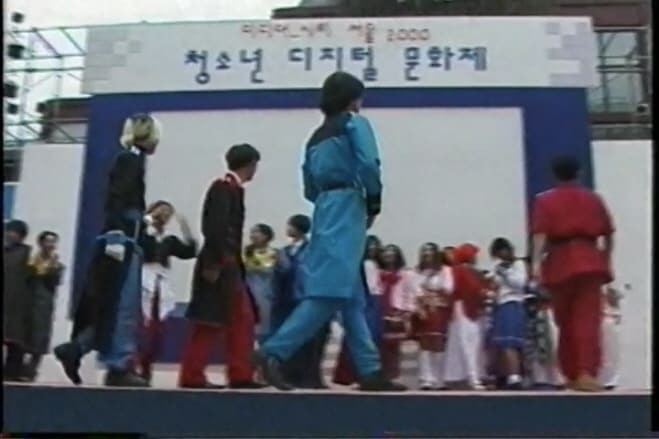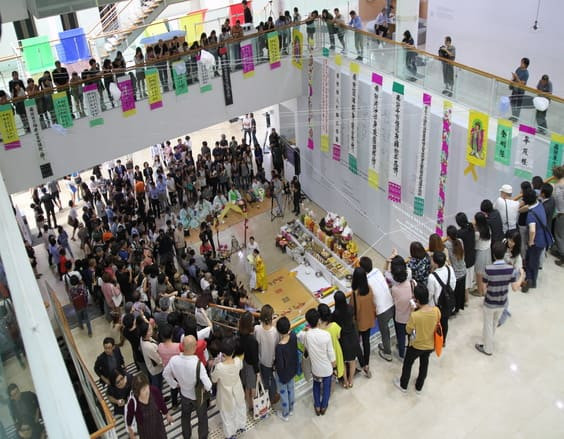mourning
The Korean ritual known as Gut is a shamanic ceremony that shares some characteristics of Korean ancestral rites. In this ceremony, a mediator offers prayers, recites incantations, and expresses desires and sorrows toward the dead while communing with the invisible world. This act of mourning is akin to embodying an experience of memory. SMB08 Ghosts, Spies and Grandmothers (2014) focused on contemporary Asia and its legacy of intense colonization, Cold War politics, rapid economic growth and radical social change, calling upon contemporary artists to shed new light on the peripheries of existence as well as to the restore the value of spiritual cultures that had long been omitted from official historical narratives. Philosopher Judith Butler emphasizes how mourning ultimately leads to a fundamental “transformation” of the mourner in political and social contexts. The experience of ritual mourning implies a substantial degree of vulnerability, loss and the shared human condition. In “Why we should not kill people” (2022), literary critic Shin Hyung-chul writes that death also correlates to the disappearance of infinite connections related to the deceased, concluding that an acknowledgment of death can accurately be described as the starting point of mourning.
